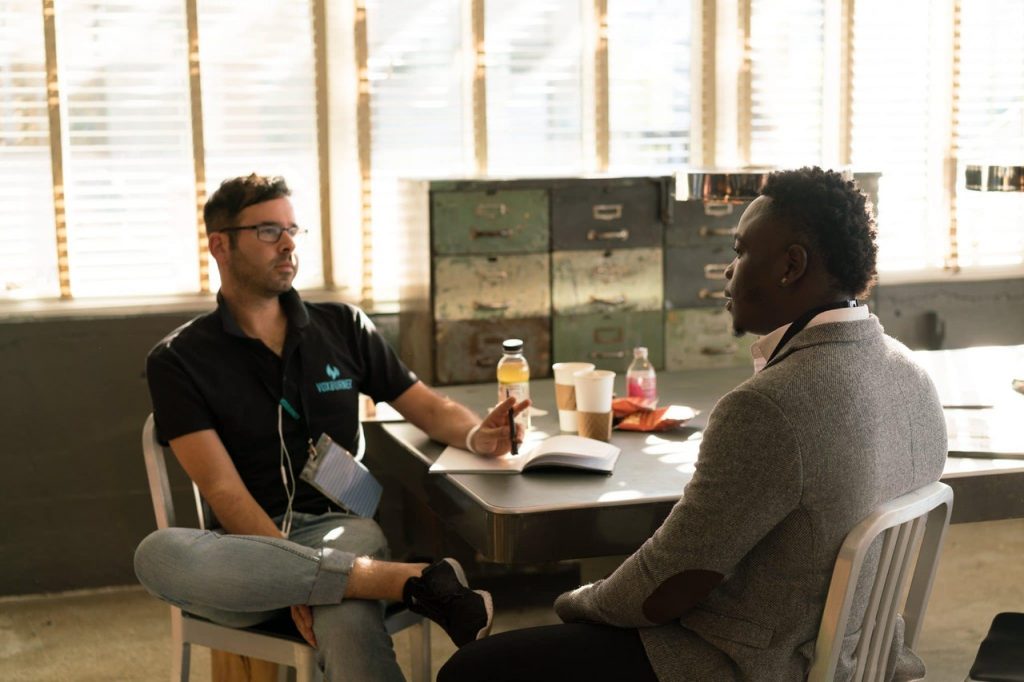How to answer interview questions

Most interviewers like to hit you with the question: “What is your greatest strength? This is one of the most common interview questions and you should be prepared to answer it convincingly. That is why identifying your strengths before a job interview can be far more demanding, yet rewarding, than may initially seem to be the case. Whilst you may find the first list of skills and experiences comes easily, as it will be largely descriptive, the rich reward will come, if you can re-describe your same skills to highlight past successes.
Let’s take a look at a few more typically interview questions and how to answer them.
Focus on actions
One of the first things to keep in mind when answering this typical interview question is to describe your achievements differently. For example, use terms such as work experience, group projects, techniques, skills, individual learning, clubs and societies, rather than job titles and course names. This will express concrete actions rather than plane descriptions.
Furthermore, try to use verbs, not adjectives in your interview answer. When showing what you have to offer, try to give brief examples that show what you actively ‘did’, rather than what you passively ‘were’.
About fully used and missed opportunities
Ask yourself: What opportunities have I used fully? For example, did you participate in sports or cultural societies at university?
Another interview question would be: What opportunities have I missed and what have I learned from this? When describing your work experience – be specific. Quantify, quantify, quantify. From the mundane, such as your attendance record, to any positive feedback you received from your employer.
Travelling achievements and voluntary work
When describing a group achievement in your interview answer, clearly identify what you contributed and be specific. Do not be afraid to include travelling achievements. Some of the most important life lessons are learned in a foreign context. Was it a good investment of time and money? What can I use in a job context?
Do not forget voluntary work and community involvement. Here it is important to ask yourself: What did I need to learn? What was difficult? What did you get praised for? And, for interests, pastimes and hobbies consider what you have done outside of study and work this week, this month, this year, or indeed while at university.
Besides your strengths, you should also think about your weaknesses and how to describe them in a positive way before a job interview to be prepared – just in case.
More helpful tips on how to prepare for a job interview are provided by Sue Greener, Tom Bourner and Asher Rospigliosi in “Graduate employment: 333 tips of graduates seeking employment”.
[sharethis]



